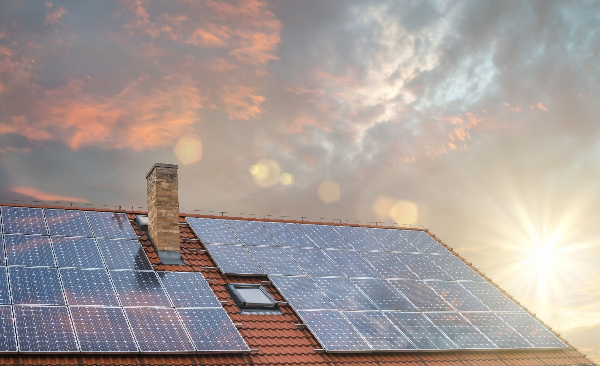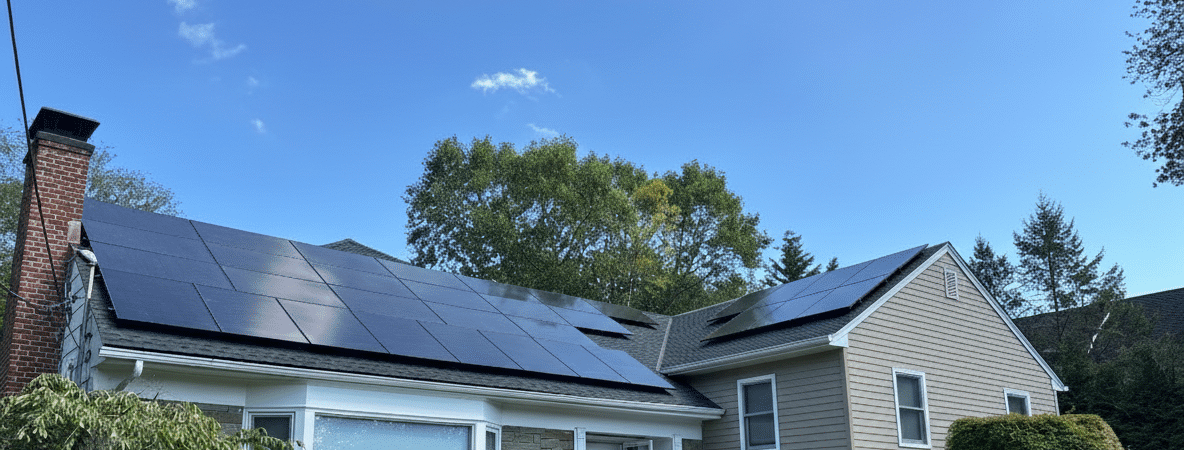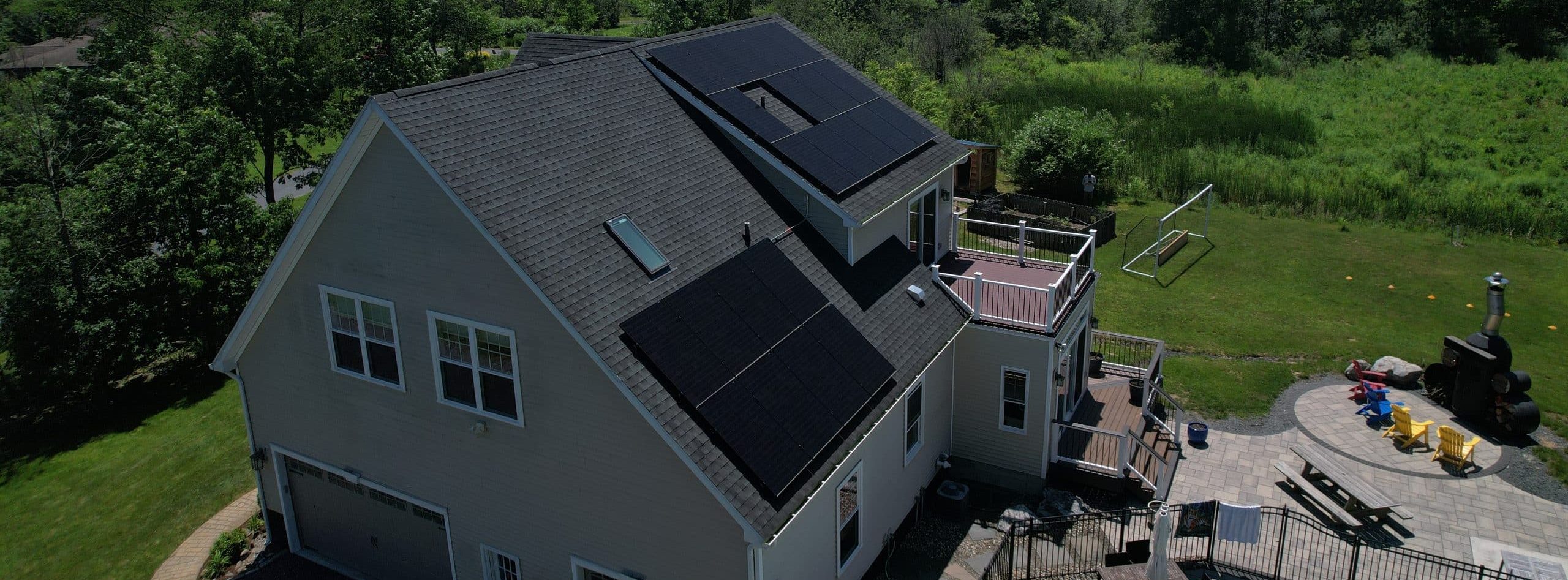Before installing their system, many homeowners are concerned on whether to lease or buy solar panels. Ultimately, there is no “one size fits all” solution for comparing solar leases vs solar purchase. The financing agreement that is most suitable for you will largely be determined by your goals and preferences. While the main distinction between leasing and buying is ownership, there are several other factors to consider when making your decision. Fortunately, which ever you choose, you will still receive the same clean, renewable energy power in your home. Read on to learn about whether you should lease or buy solar panels for your property.
Outline Your Personal Solar Goals
If you are determining whether to lease or buy solar panels, first you need to outline sometimes your goals. Your personal solar goals will largely influence the ownership option that is most efficient for you. If you want to maximize the financial benefits of solar panels, you should purchase your system outright with cash. However, if your goals are more focused on sustainability, a solar lease maybe an excellent option to consider. with the solar lease, you can primarily focus on generating sustainable electricity from renewable resources, rather than financial concerns.
Determine Your Financial Scenario
As you consider whether you should lease or buy solar panels, you need to determine your financial scenario. Your current financial scenario will largely impact your ability to go solar. Solar leasing agreements allow you to go solar without the expensive upfront costs of installing a system. Instead, you can pay for your system using a series of affordable monthly payments. Similar to an auto lease, many solar companies even offer an option to purchase your panels at the end of your lease. If you have a large amount of capital saved, purchasing your system outright is another valuable option to consider. Purchasing your system with cash, you can immediately begin accessing the full benefits associated with solar ownership.
Research Solar Incentives In Your Area
If you are determining whether to buy or lease solar panels, you need to additionally research incentives, tax credits, and rebates in your area. Many states offer valuable solar incentives that help you dramatically reduce purchase and installation costs. Many progressive solar states offer several generous programs to help you finance your installation. In New Jersey, for example, you can utilize the NJ TREC program and several other performance-based incentives. Unfortunately, many solar lease agreements restrict you from obtaining these incentives. All relevant tax breaks and incentives are sent directly to the system owner. Therefore, by purchasing your system outright you can save more through state and federal solar programs in the long run. Before you choose on whether to buy or lease solar panels, first research local incentives in your area.
Highlight The Specifics Of Your Property
In comparing the advantages and drawbacks of buying or leasing solar panels, you need to highlight the specifics of your property. Certain properties are more well-equipped for rooftop solar systems. Certain areas of the country receive more frequent sunlight, whereas others commonly experience rain. Simultaneously, you need to consider how long you plan on staying in your current residence. Many homeowners with plans of moving soon often choose solar leases due to their limited commitment. However, remember that solar leases are commonly structured in five to ten year agreements which could potentially complicate your moving plans. On the other hand, purchasing your system with cash can help you significantly increase your property value. Since modern homeowners are willing to pay a premium for solar-enabled properties, you can potentially sell your home faster and for a higher price.
Consider Your Desired Level Of Involvement
If you are choosing whether to lease or buy solar panels, consider your desired level of involvement. With a solar lease agreement, you are not responsible for any repairs or maintenance that is needed for your system. Therefore if your system is operating at lower efficiency, requires cleaning, or is damaged in the storm, you will not have to worry about it. Instead, solar leasing companies will take full responsibility for routine maintenance and repairs needed to your system. Even better, companies handle all of the required paperwork, making the installation hassle-free. If you choose to purchase your system with cash, this can ultimately cost you more over the course of ownership. Before deciding on whether to lease or buy solar panels, consider your desired level of involvement.
There are several factors to consider when determining on whether to lease or buy solar panels for your property. First, you need to clearly outline your sustainable energy goals. Then, determine your current financial scenario. At the same time, you need to research local incentives, rebates, and tax credits in your area. Moreover, highlight the specifics of your property. Furthermore, determine your desired level of involvement across ownership. The points above outline the essential factors to consider when determining whether to lease or buy solar panels for your property.












